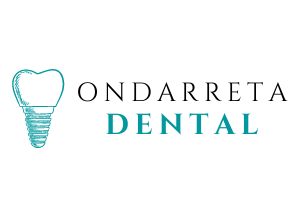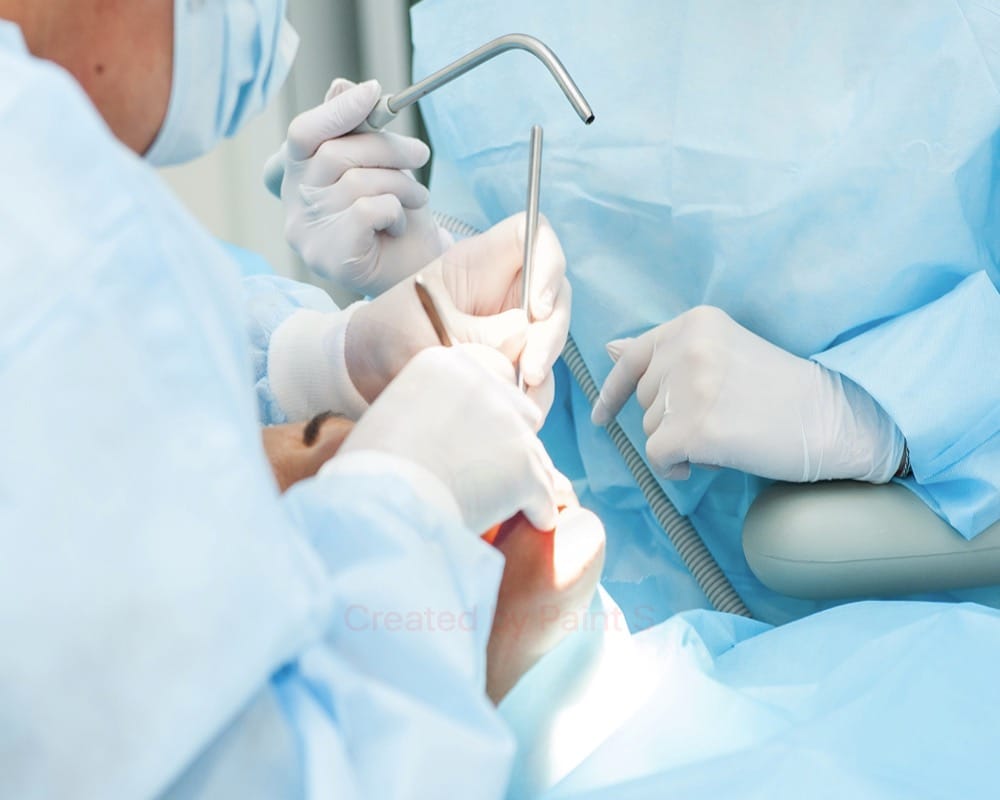Oral surgery in San Sebastian
Oral surgery is the specialty of dentistry that is responsible for all surgical treatments of the mouth: tooth extractions, wisdom tooth surgery, biopsies, cysts, jaw tumors, etc.
The surgical techniques we use at Clínica dental Ondarreta are minimally invasive, microsurgical and respectful of the biology of the tissues. This allows for a more pleasant post-surgical recovery and facilitates earlier healing.
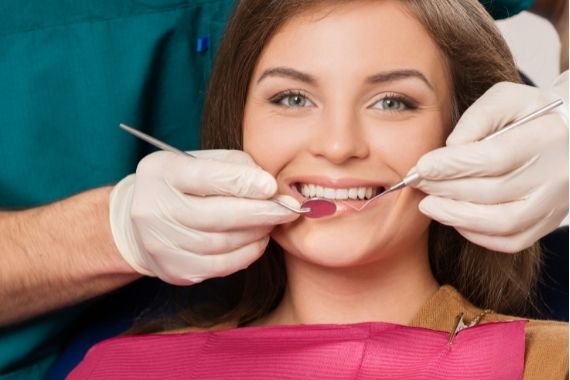
Wisdom teeth extraction in Ondarreta
Wisdom or wisdom teeth appear between 15 and 25 years of age and, in most cases, remain in a bad position, resulting in them being partially or completely covered by the gum or bone. This situation can cause pain, inflammation, infections, cavities, development of cysts and/or periodontal disease in neighboring teeth.
That is why when future complications are anticipated, their extraction during their eruption is recommended. It is advisable to analyze each case in particular and perform the necessary complementary radiological tests.
Wisdom teeth extraction surgery is a quick and comfortable intervention, lasting between 10 and 30 minutes and is generally performed under local anesthesia. Recovery is usually between 2-3 days, as long as minimally invasive techniques are used and recommended postoperative guidelines are followed.
Included teeth surgery (canines on the palate)
Sometimes the canines (fangs) can be retained inside the palate or jaw and not appear in the mouth. It is very important to make an early diagnosis that allows them to be taken to their usual location on time.
To move the canine to its normal position and align it with the rest of the teeth, a small surgery is performed to expose it (fenestration) and it is aligned with the rest of the teeth through orthodontic treatment.
On rare occasions, generally due to a late diagnosis or an unfavorable initial position, extraction of the included canine may be necessary, the surgical intervention being similar to the extraction of the wisdom tooth.
Fenestration or extraction of any included tooth (that has not emerged in the mouth) is necessary to avoid pain, infection, cavities, the appearance of cysts or tumors and damage and periodontal disease in neighboring teeth.
It is a quick and comfortable intervention that lasts 30 minutes and is performed under local anesthesia. Recovery usually takes no more than 2-3 days, as long as minimally invasive techniques are used and recommended postoperative guidelines are followed.
Periapical surgery in Premià
It is the type of surgery that is applied as a last resort to preserve a tooth affected by a periapical infection that, after correct root canal (endodontic) treatment, has not had the expected result. This happens very rarely and it is when we resort to periapical surgery (along with re-endodontic treatment) with the aim that in most cases we will be able to eliminate the infection or cyst.
Periapical surgery consists of accessing the root end of the affected tooth, cleaning the area, performing the apicoectomy (removing the affected root end) and sealing hermetically (retrograde approach) to prevent reinfection. It is also performed on teeth associated with inflammatory cysts (radicular cyst) that usually form after chronic asymptomatic infections.
Periapical surgery is an intervention whose duration does not exceed one hour and has a quick recovery, between 2-4 days. It can be performed under local anesthesia or intravenous sedation.
Cysts in the jaws
Jaw cysts are benign entities that develop within the jaw bones. It is very important to detect it early since they usually have a tendency to grow asymptomatically within the mandible or maxilla. They are usually an unexpected finding on a panoramic x-ray of the mouth.
In addition, they can cause infections, tooth loss, pathological bone fractures and progressive destruction of the jaw bones, among others. Their surgical removal and a histopathological study are essential to identify them and understand their behavior.
Wisdom teeth, being the last to emerge, sometimes find themselves with insufficient space. In these cases they can come out only partially, leaving part of the gum above, which causes a pocket to form in which food can be put and, by not allowing a good cleaning of the area, it ends up becoming infected; or they may also not come out, pushing the teeth that are next to them, causing malposition, cavities or even fracture.
Dentofacial deformities are disorders that affect facial harmony. The most common types of deformities are: maxillary deficiency, mandibular deficiency, mandibular excess, open bite and facial asymmetry. Our team will evaluate your case and give you a personalized diagnosis that best suits your needs.
The removal of labial or lingual frenulum is performed when there is a lack of mobility of the tongue, alterations in language and speech, or when they produce alterations in the position of the teeth.
The surgery is very simple, it lasts only 20 minutes and is performed under local anesthesia.
When there is a lack of space in the jaw for a correct eruption.
When they have an abnormal orientation that can cause damage to neighboring pieces or crowding of teeth.
When they cause inflammation problems in the gum that can lead to chronic infection.
In most cases, dental cysts are usually the result of a latent infection of the tooth and the bone in which it is implanted.
As the cysts grow, they destroy the adjacent bone and form large cavities inside the maxilla or mandible. They can also become infected, and for all this they must be removed surgically, using local anesthesia.
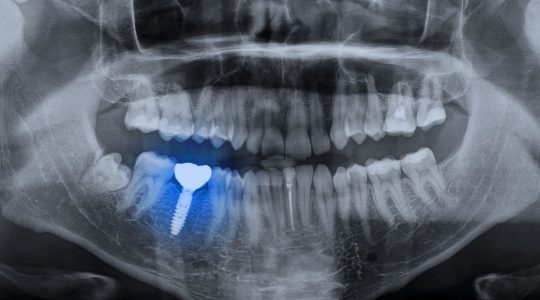
Can a dental implant cause rejection?
Even the best dental implants can cause patient rejection. Do you want to know how and why this happens? We tell you.
Read More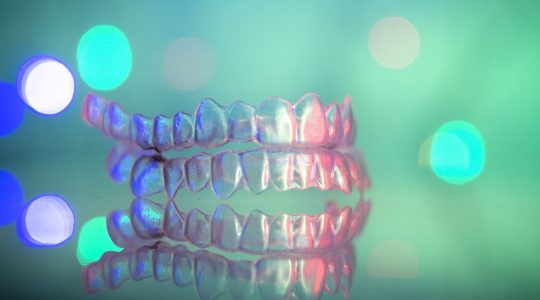
Everything you need to know about Invisible Orthodontics
Today's technology makes it possible to achieve the smile you have always wanted without having to live with traditional and unattractive appliances.
Read More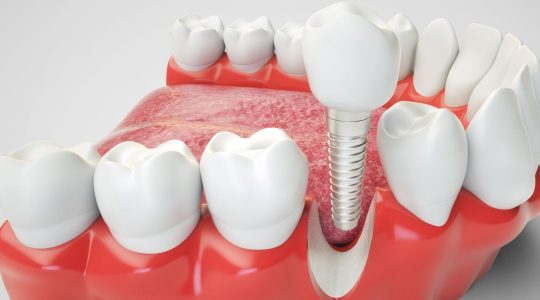
Myths about Dental Implants
Nowadays it is possible to place dental implants even if we have very little bone, since there are regeneration techniques.
Read More